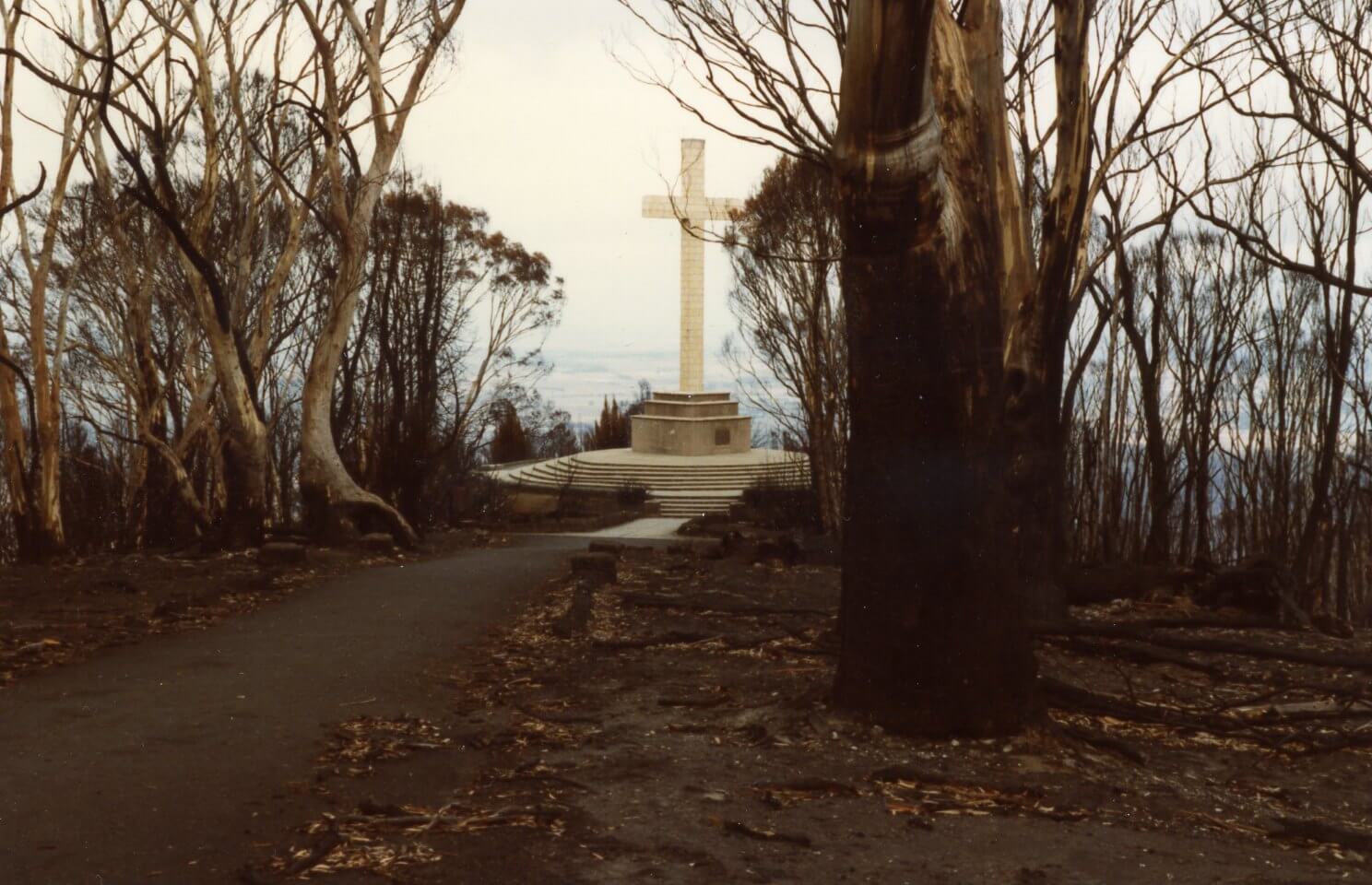Ash Wednesday – Proclaiming Death & Life

For those of us on the “Western” calendar, the Lenten season begins today. Many will solemnly observe Ash Wednesday, gathering for a service of contrition and repentance, including the “imposition of ashes” – the application of ashes in the sign of the cross on the forehead. The Scriptures frequently refer to ashes as a sign of repentance for sin or mourning (Esther 4:3, Job 42:5-6, Jonah 3:4-6, Ezekiel 9:4, etc.), and while the Lenten ashes are ashes of mourning over sin, they are also “hopeful ashes,” made in the sign of the Christ’s cross, our only hope.
The passage in Ezekiel is particularly interesting: “And the Lord said to him, ‘Pass through the city, through Jerusalem, and put a mark on the foreheads of the men who sigh and groan over all the abominations that are committed in it.’” The Hebrew word for “mark” is “tav” (transliterated, anyway) and, significantly, it was written as a sort of cross-shaped letter, leading Tertullian to remark that God had given to Ezekiel “the very form of the cross.”
The pastoral act of applying ashes in an Ash Wednesday service is sobering. I press my thumb into the soft mixture of burnt palm branches and oil, looking into the eyes of our parishioners and uttering the reminder: “From dust you were made, and to dust you shall return.”
One by one, I remind our congregation of their mortality, remind them that one day they will die. Their bodies will be placed in the ground, but in forming the cross I remind them of the hope of Christ.
I remember the first Ash Wednesday service I led as a pastor. The procession began with an elder in our church, a godly father and grandfather. It continued with young couples, middle-agers, teenagers, and others in between.
Then, one of the most surreal, heartrending encounters of my life. My own family stepped forward, my children and my wife – our youngest in her arms. My throat constricted and my voice caught.
My seven-year-old son, Ian – “From dust you were made, and to dust you shall return.”
Five-year-old Asher – “From dust you were made, and to dust you shall return.”
Temperance, our firstborn, moved forward with tears in her eyes – “From dust you were made, and to dust you shall return.”
I look my own bride in the eyes and utter the same – “From dust you were made, and to dust you shall return.”
Then, reaching aside, I push back the hair from our littlest one’s forehead, her bright smile meeting me, and I proclaim the unthinkable truth – “Ellie, from dust you were made, and to dust you shall return.”
As their pastor, and their father, I proclaim both death and life to them.
Ash Wednesday stands as one day on which we are brought to remember what we would just as soon forget. And while, as a man, I would often prefer to forget my own mortality and, as a father, I would prefer to forget the mortality of my wife and children, I dare not do so.
Pastors, parents, and teachers stand before eternal souls – souls that will last forever – to proclaim to them both the reality of death and the hope of eternal life. Sobering as the task may be, our hands and hearts must set to it with “bright sadness” – the joy of dying to self in the hope of eternal life, the cross in the midst of ashes.

Brian Phillips
Dr. Brian Phillips serves as a pastor in Concord, NC, where he lives with his wife and their four children.










